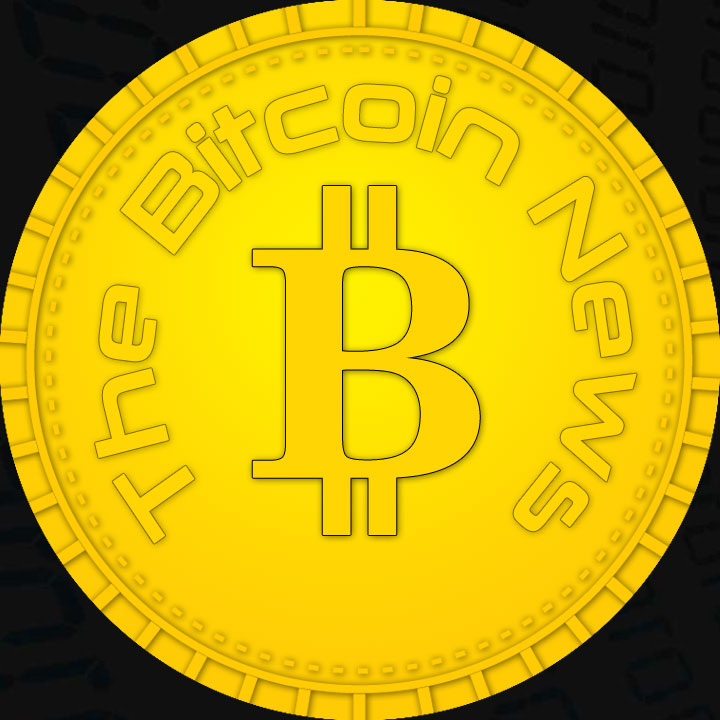Today (Monday), at a press conference in Seoul, South Korean regulatory authorities announced that they will start inspections of six major local banks that offer accounts to cryptocurrency exchanges.
Discover credible partners and premium clients at China’s leading finance event!
The Financial Intelligence Unit (FIU) and the Financial Supervisory Service (FSS) joined hands to carry out the inspection. The six lenders named by the authorities are Woori Bank, Kookmin Bank, Shinhan Bank, NongHyup Bank, Industrial Bank of Korea, and Korea Development Bank.
The authorities are taking this move to curb increasing speculative trading and also potential money laundering schemes going through the exchanges. The authorities will check if the banks are following the anti-money laundering rules specified by the government and that all accounts are registered under real names, said Choi Jong-ku, chairman of FSC.
Mr. Choi said: “Virtual currency is currently unable to function as a means of payment and it is being used for illegal purposes like money laundering, scams and fraudulent investor operations.”
“The side effects have been severe, leading to hacking problems at the institutions that handle cryptocurrency and an unreasonable spike in speculation,” he added.
The regulatory bodies initiated this probe in December. The total number of accounts held by the exchanges is a mere 111, but the combined funds in those accounts are estimated to be 2 trillion won ($1.8 billion). Each of these exchange accounts have generated up to millions of virtual accounts.
A world leader in cryptocurrencies
South Korea is one of the most densely populated regions in the world, and it has embraced cryptocurrency. The tiny nation is estimated to have over a million citizens engaged with crypto trading, including housewives and students.
Home to some of the largest crypto exchanges, South Korean investors are also preferring to invest in cryptocurrencies rather than the traditional market, according to a recent report published by Finance Magnets.
Funds draining into the crypto economy soon attracted the attention of the regulator. In the last week of December, the South Korean authorities made it clear that they will ban all the anonymous virtual accounts from trading cryptocurrencies, a process which is most likely to begin later this month. The authorities also assured that, if necessary, they will shut down the exchanges.
Last month, YouBit, a South Korean cryptocurrency exchange, closed its doors and filed for bankruptcy after being attacked twice by hackers. Also, in the same month, the Korea Communications Commission fined one of the leading crypto exchange operators for putting customer information at risk.

TheBitcoinNews.com – Bitcoin News source since June 2011 –
Virtual currency is not legal tender, is not backed by the government, and accounts and value balances are not subject to consumer protections. TheBitcoinNews.com holds several Cryptocurrencies, and this information does NOT constitute investment advice or an offer to invest.
Everything on this website can be seen as Advertisment and most comes from Press Releases, TheBitcoinNews.com is is not responsible for any of the content of or from external sites and feeds. Sponsored posts are always flagged as this, guest posts, guest articles and PRs are most time but NOT always flagged as this. Expert opinions and Price predictions are not supported by us and comes up from 3th part websites.
Advertise with us : Advertise
For the latest cryptocurrency news, join our Telegram!










